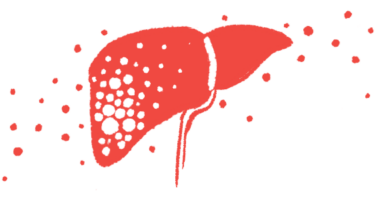Causes of Cold Agglutinin Disease
Cancer
While the actual mechanism by which cancer leads to CAD is not fully known, scientists think that antibodies produced by the immune system against cancer proteins mistakenly bind to proteins normally found on the surface of red blood cells and activate their destruction. The most common malignancies associated with CAD are lymphomas or leukemias, both blood cancers that can be caused by the abnormal growth of a subset of immune cells called B-cells.
Genetics
CAD is not a hereditary condition, and no genetic mutations are directly linked to the disease. However, a recent study identified mutations in two different genes in antibody-producing B-cells: KMT2D and CARD11. The mutation in KMT2D resulted in the production of a non-working enzyme, which can overstimulate the production of autoantibodies from B-cells. The CARD11 mutation resulted in the proliferation of B-cells and triggered autoantibody production.
Complement System
The complement system is made up of a series of proteins activated when the immune system is responding to a threat. When complement proteins are bound to antibodies that have recognized a target, the complex dramatically increases the immune response to the threat — more so than would occur when an antibody alone binds to the target. In CAD, the adaptive portion of the immune system mistakenly produces antibodies called cold agglutinins.






